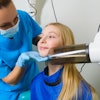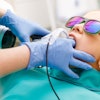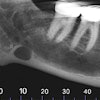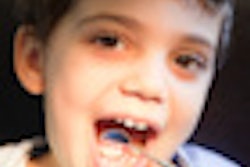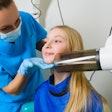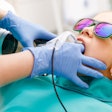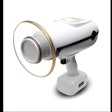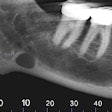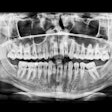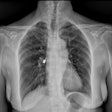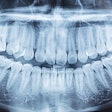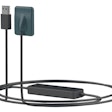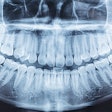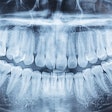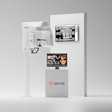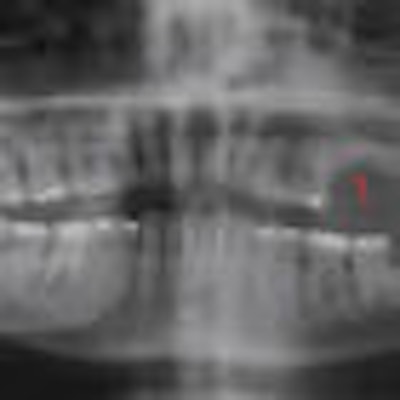
Despite opposition from the U.S. Federal Trade Commission (FTC) and the governor of Maine, the Maine Board of Dental Examiners voted today to restrict what x-rays independent practice dental hygienists (IPDHs) can take during an upcoming pilot project.
In June 2011, Maine passed LD 230, directing the board to implement a two-year pilot project that expands the scope of practice of IPDHs to allow them to take x-rays in underserved areas without the presence of a dentist. The board was also directed to develop rules for the pilot project.
As written, the board's proposed rules allow IPDHs to take only bitewing and periapical x-rays without a dentist present and prohibit them from taking other types of x-rays.
Last month the FTC told the board that the proposed rules were too restrictive and could undermine the project's purpose.
But in a meeting today the board voted 5-4 to retain language describing what it considers to be permissible x-rays (bitewings and periapicals). In a separate vote, the board rejected a motion to add panoramic images to what is permissible.
"The board is not specifying the type or number of permissible x-rays that an IPDH may take -- they are leaving that to the judgment of the IPDH," said Doug Dunbar, a spokesperson for the board, in an email to DrBicuspid.com.
Traci Dempsey, president of the Maine Dental Hygienists' Association, said she was "stunned" by the board's decision.
"They voted to keep the rules written as they were, restricting IPDHs to bitewings and periapicals," she said. "Even though they got a letter from the governor and from the FTC telling them not to do this, they still voted in favor to keep that language in."
LD 230 clearly states that IPDHs practicing in federally underserved dental shortage areas can take x-rays as part of a pilot study -- all kinds of x-rays, according to Pat Jones, RDH, a former Maine legislator and now a lobbyist for the Maine Dental Hygienists' Association.
"What happened today is that the board has restricted what x-rays we can take," said Jones, who attended the meeting. "We can take as many periapicals as we see we need, which could be a full mouth, but they are not using that language in their rules."
The hygienists' association will now go back to the FTC and also explore legal avenues, according to Jones and Dempsey.
"They are basically saying that they are the ones writing the rules and too bad, regardless of what is legal and what the Legislature has asked them to do," Dempsey said.
In the meantime, the board will redraft the rules based on today's vote, do a final vote at its next meeting (January 13), then submit the final rules to the governor.
"We feel they are regulating a profession that is offering services that are in competition with them, and that is against the Fair Trade Act," Jones said. "We are going to proceed with the FTC and legal avenues to object to this decision so that we can serve the underserved."
